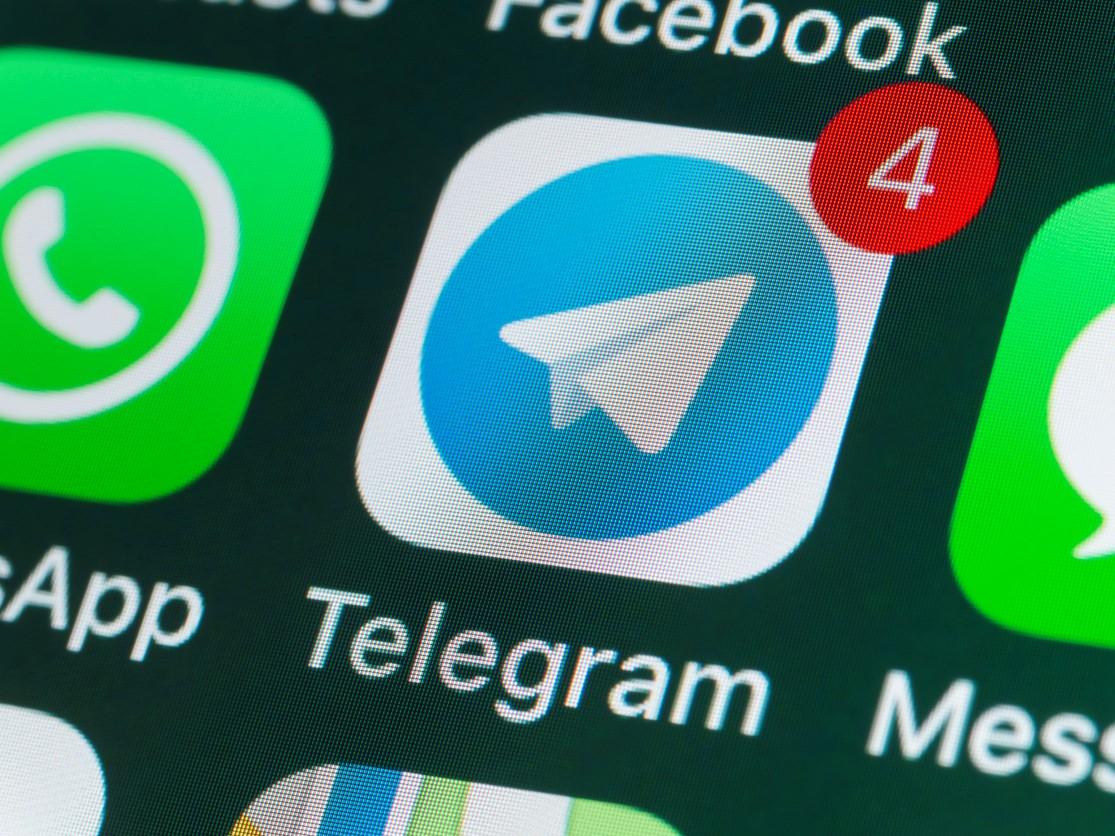Telegram app suggests people use 'money bag' emoji when they mention the word Jews
Reference to anti-semitic trope was done by a 'prankster' and accidentally approved by moderators, Telegram says

Telegram suggested that people use the "money bags" emoji when they mentioned the word Jews, it has emerged.
The company's auto-suggestion feature highlights emoji that could suit a specific word that is being mentioned. When someone says the word Jews, for instance, it normally recommends the image showing a synagogue or the Star of David.
But the app had taken to showing a picture of sacks of money, according to Israeli news site Ynet, in what has been criticised as making reference to an anti-semitic trope.
The connection had been created by a "prankster", Telegram said, and not by the app itself.
The pair only showed up when using the Hebrew language version of the app, and has since been fixed.
The problems arrived because a Telegram moderator in Israel "mistakenly" approved the pair, Telegram said. While any user of the service can suggest new ones, any connection that makes it into the app is supposed to be approved by someone working on Telegram's behalf.
"The emoji suggestions are based on our translation platform," a Telegram spokesperson told The Independent. "Anyone can suggest word-emoji pairs but they must be approved by a moderator to go live.
"The unfortunate combination was suggested by some prankster for the Hebrew language and approved by our moderator from Israel by mistake. The mistake was corrected immediately after we were notified in support. No languages apart from Hebrew were affected."
Join our commenting forum
Join thought-provoking conversations, follow other Independent readers and see their replies
Comments
Bookmark popover
Removed from bookmarks